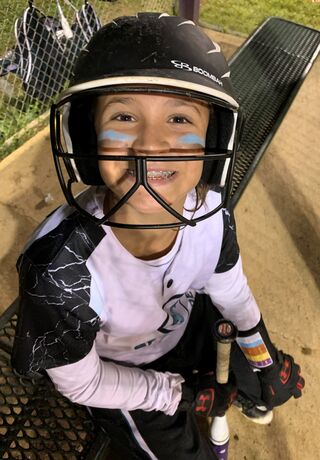Relationships
Building Team Dynamics
Is coaching enough? What to do to promote player relationships?
Posted January 24, 2021
Recently, I was asked to give a talk to a local softball club team. I thought about how I could make it a little different from my past presentations. So, I decided to pull from my most recent experiences as a coach and what I have observed with my daughter playing on different teams over the years.
Typically, I speak about developing the WHOLE athlete; this means training hard physically and training just as hard mentally. Although many teams have asked me to talk about what it takes to be a successful athlete, more often than not, I get called in to speak to them about getting along and working together: team dynamics.
The most critical issue is not just to teach these kids how to be successful "individuals" in a team sport but how to work together as a team. It is best for this upcoming talk to discuss the significance team building has and, as an example, use a set of activities that demonstrate how teammates should have each other's back. Many coaches do not realize that it is imperative to build relationships as the building block (the foundation) of their team, especially in female athletics.
I have given talks to many teams, and one of their main issues is team dynamics, the clicks ... the side banter. With a little guidance, strong bonds can be created, and these issues can be eliminated.
Can I help equip athletes with the mental tools that are essential to becoming the whole athlete? Absolutely! But, as a coach, I believe that if you do not have a team that works together to build each other up, no matter how strong the players they seem to be, they will eventually fall like a house of cards. Having a strong team with physical skills is one thing, but a team must be cohesive to achieve greatness.
Many corporations hire people like myself to work on team-building with their employees who have group projects, and the idea behind it is simple. People who can work better together enjoy what they do and appreciate who they are doing it with. What is the point of playing on a team when the outcome could be subpar, and it was unenjoyable?
Team-building with your team will:
- Bring forth leadership
- Enhance communication
- Teach conflict resolution
- Expose hidden skill sets
- Enhance confidence
- Boost team morale
More often than not, it is easy for coaches to be more concerned about the X's and O's and lose sight that their athletes are not interacting in a manner that would produce good working relationships.

Coaches should always find a way to create team bonding experiences to expose what truly makes their athletes tick. The skills learned from team building activities are something athletes can take outside of sports to assist them in the future, specifically in the workplace.
When given the opportunity to "play" together during practices, more likely than not, from my experience, players will be happier and more productive.


